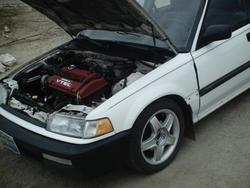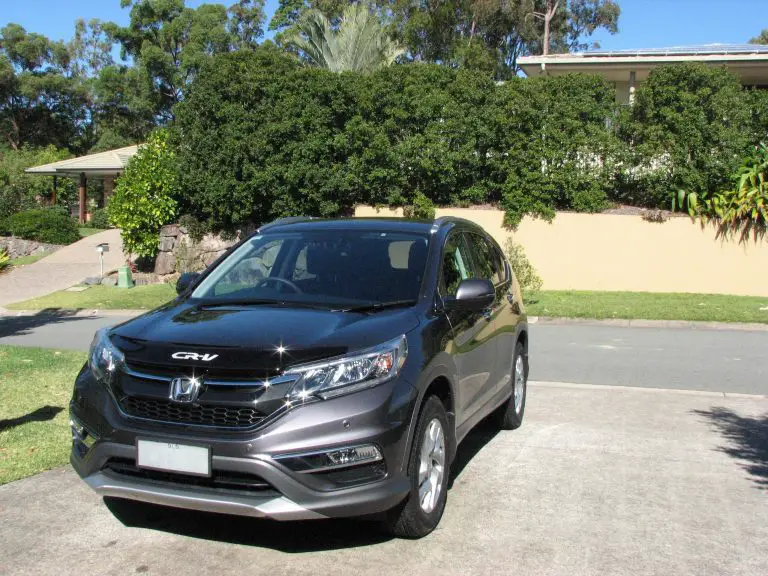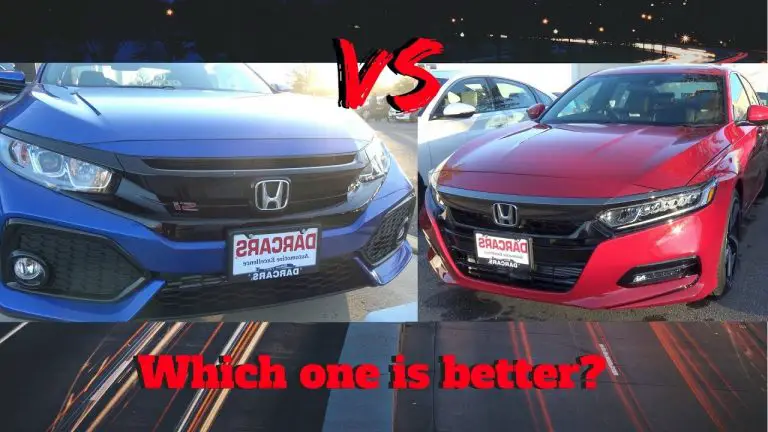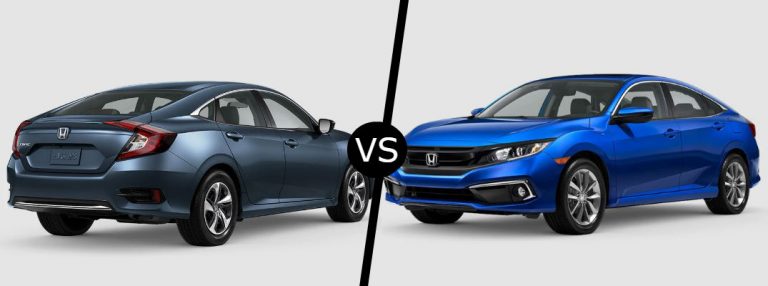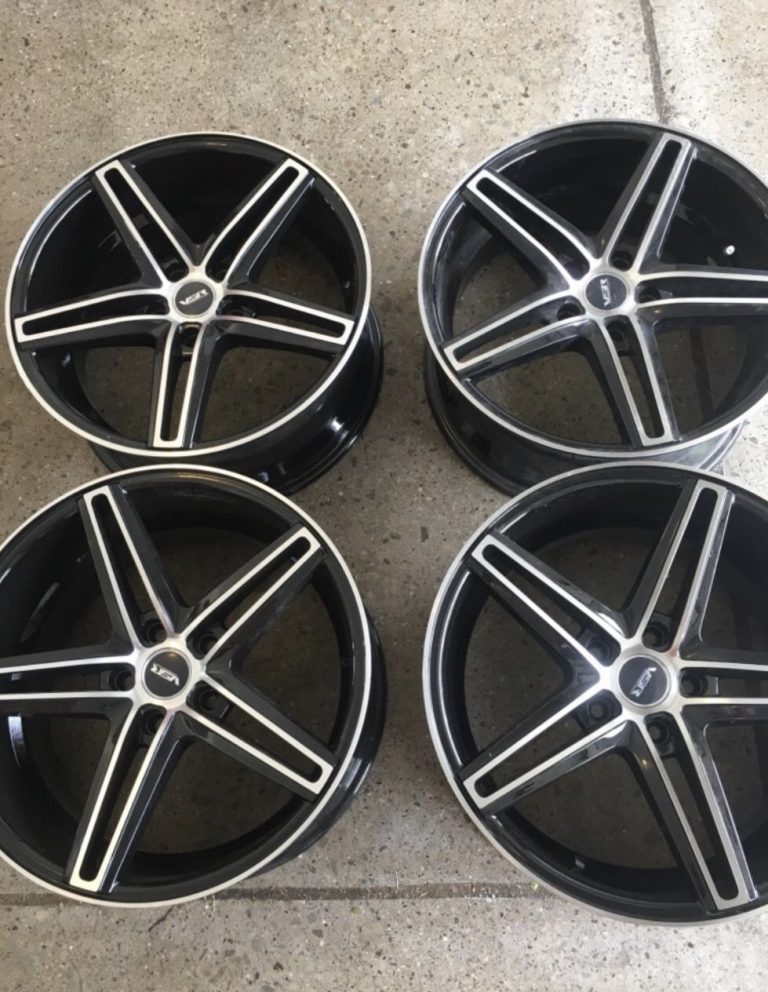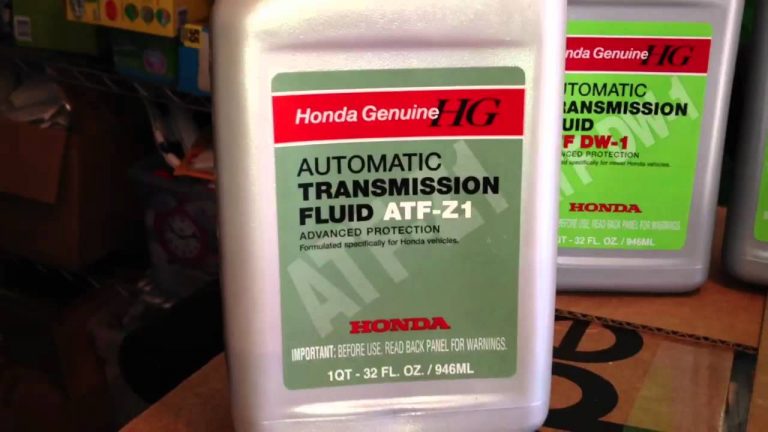There are many ways to increase the power of an engine, but two of the most popular methods are Vtec and turbocharging. Both have their pros and cons, so which one is right for you? Let’s take a look at the difference between Vtec and turbocharging.
Vtec engines use variable valve timing to increase power. The downside to this is that it can be complicated and expensive to maintain. Turbocharged engines force more air into the cylinders, which increases power. However, turbochargers can add stress to an engine and may require extra cooling.
When it comes to performance, there is a big debate between vtec vs turbo. Both have their pros and cons, but which one is better?
Vtec engines are known for their high revving ability and power.
They make great track cars because of this. However, they can be difficult to drive in traffic and around town due to their high revs. They also require more maintenance than turbocharged engines.
Turbocharged engines provide more low end torque and power than vtec engines. This makes them better suited for street driving and daily commuting. They are also more fuel efficient than vtec engines.
However, turbos can be tricky to tune and can cause issues with reliability if not done properly.

Credit: global.honda
What’s Better Vtec Or Turbo?
What’s better VTEC or turbo? The answer to this question is not a simple one. Both VTEC and turbocharged engines have their own set of pros and cons that make them each unique.
It really depends on what you are looking for in an engine as to which one would be better for you. VTEC engines are known for their high power output and efficiency. They use variable valve timing to optimize performance, which can result in some serious horsepower gains.
However, they can also be quite temperamental and require regular maintenance to keep running smoothly. Turbocharged engines, on the other hand, offer great power and torque without sacrificing fuel economy. They can also be easier to maintain since there are fewer moving parts than a VTEC engine.
However, turbochargers can add significant cost to an engine build so it is important to factor that into your decision-making process.
Does Vtec Make a Car Faster?
Yes, VTEC can make a car faster. VTEC is a system that allows an engine to produce more power by opening and closing valves at different times. This system can be used to increase power at high rpm, which can lead to increased speed.
However, VTEC is not the only factor that determines how fast a car can go – other factors such as weight, aerodynamics, and traction also play a role.
Is Vtec Engine Powerful?
VTEC engines are powerful and efficient. They use variable valve timing to increase power and torque while reducing fuel consumption. VTEC engines are used in a variety of Honda vehicles, including the Accord, Civic, CR-V, and Odyssey.
Honda’s commitment to innovation and efficiency makes VTEC engines some of the most powerful and advanced on the market.
Do Turbo Hondas Have Vtec?
Yes, turbo Hondas have VTEC. The turbocharged version of the Honda Civic was introduced in 2006 and was available until 2010. It featured a 1.8L four-cylinder engine with VTEC that could produce up to 200 horsepower.
Read also: Can I Add Honda Sensing to My Car?
Vtec Vs Turbo
Why Did Honda Stop Making Vtec?
In the 1990s, Honda’s vtec engine was considered one of the best in the business. The company’s commitment to quality and innovation meant that their engines were constantly improving, and drivers who wanted the best performance possible flocked to Honda. However, in recent years Honda has stopped making vtec engines, leaving many wondering why.
There are a few reasons for this decision. First, as emission standards have gotten stricter, it’s become more difficult for manufacturers to create high-performance engines that still meet those standards. This has led to a decline in demand for vtec engines, as they are simply not as necessary as they once were.
Second, newer technologies have made it possible for manufacturers to create powerful engines without using vtec technology. This means that there is less of a market for vtec engines, and thus less reason for Honda to continue producing them.
Finally, it’s important to remember that Honda is first and foremost a mass-market manufacturer.
In order to sell large numbers of vehicles, they need to offer a wide range of models with different engine options. Offering a vtec engine would mean raising the price of their vehicles, which could put them at a disadvantage compared to other manufacturers who don’t offer such an option.
For all these reasons, it makes sense that Honda has decided to stop making vtec engines.
Conclusion
There are two main types of forced induction for automotive engines: turbocharging and vtec.
Turbochargers use exhaust gas to spin a turbine that forces air into the engine, increasing power. This can be done without adding much weight to the car since the turbocharger itself is small. Turbocharged engines tend to have more low-end torque than similar naturally aspirated engines, making them feel more powerful.
However, turbochargers can add complexity and cost to an engine build. They also require more maintenance than naturally aspirated engines since there are more moving parts. Additionally, turbocharged engines often have less fuel economy than naturally aspirated ones since they need more fuel to run at higher speeds.
Vtec stands for Variable Valve Timing and Lift Electronic Control. It’s a system that adjusts valve timing and lifts based on engine speed, load, and other factors. This allows an engine to make more power while still being efficient at lower speeds.
Vtec systems are typically found in Honda engines, though other manufacturers have used similar technologies. Vtec systems tend to be simpler than turbochargers since there are fewer moving parts involved. They’re also often cheaper to add to an engine build since they don’t require as much modification as a turbocharger does.
However, vtec systems typically don’t provide as much power as a turbocharged engine, especially at lower speeds. Additionally, Hondas with vtec systems often have worse fuel economy than non-vtec Hondas.
